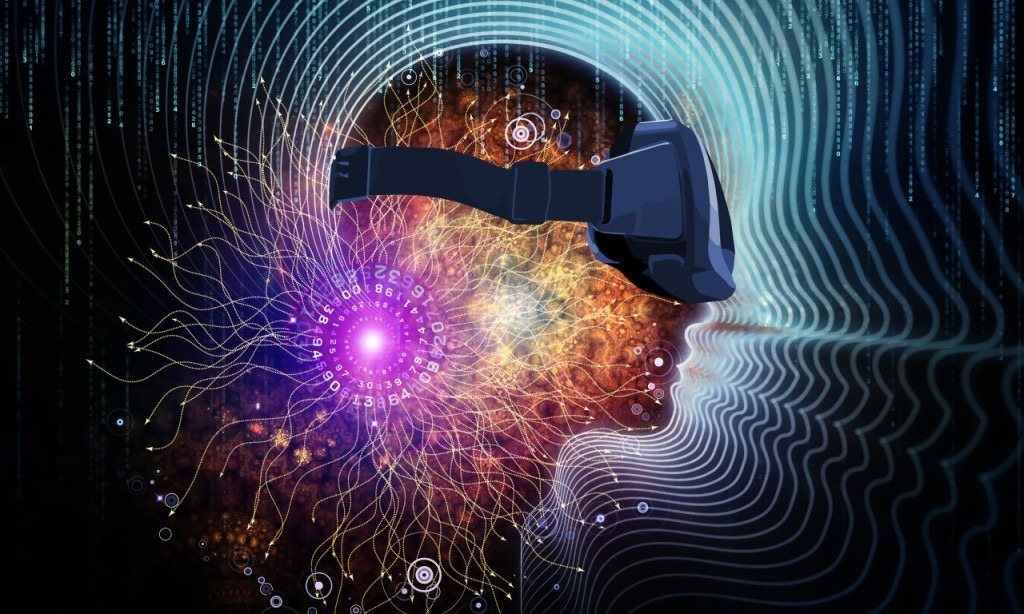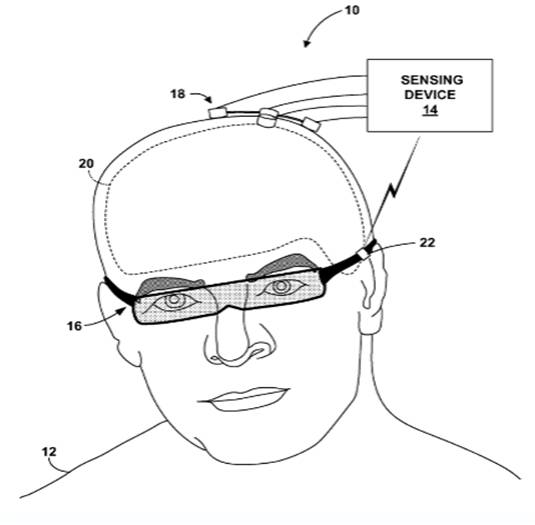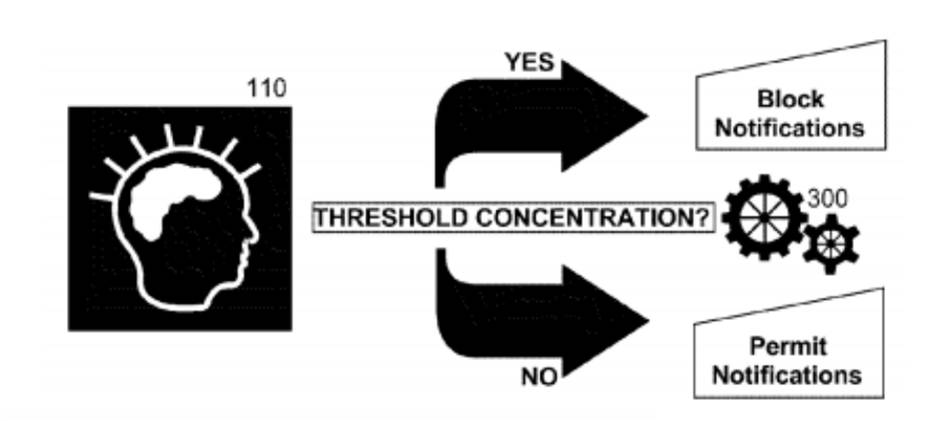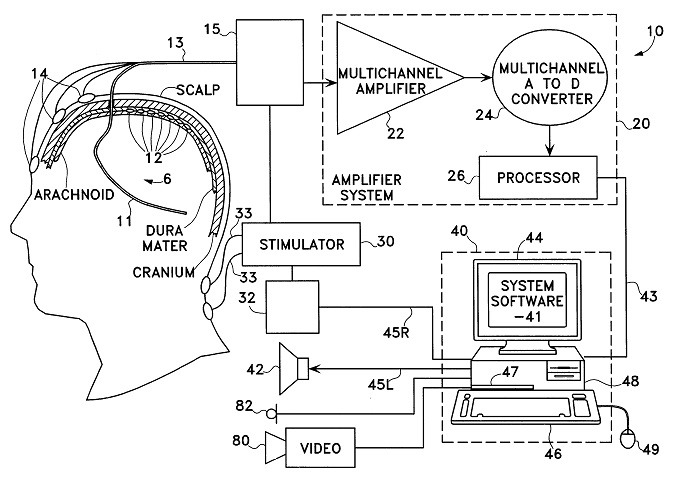Posts Tagged ‘brain signals’
New DARPA initiative aims to harness cognitive science, sensors and machine learning to detect early brain signs of depression, anxiety, and suicidal ideation
New Cognitive Science Tool to Shed Light on Mental Health (DARPA press release): Since Sept. 11, 2001, more than 30,000 active duty members and veterans have taken their own lives – four times as many as those killed in post-911 military operations. Current methods to detect early signs of behavioral and mental health risk factors…
Read MoreLet’s anticipate the potential misuse of neurological data to minimize the risks–and maximize the benefits
__ The perils of opening the mind (Boston Globe): “Forget the joystick. Today you can use your mind alone to navigate virtual environments or fly real-world drones. You can buy sleek headbands that read your brain signals and help you meditate or stay focused. Or you can get them for your kids to make sure…
Read MoreNeuroengineering meets neuroethics to address treatment-resistant depression
___________________ Is This the Future of Mental Health? (USC Viterbi School of Engineering): “Brain–machine interfaces (BMIs) provide a direct pathway to the brain to translate brain signals into actions … Below, Shanechi (Note: Maryam Shanechi, PhD, assistant professor of electrical and computer engineering) answers some questions about her work and what the future might hold…
Read MoreAugmenting physiotherapy via neurofeedback and neurostimulation: Key neurotechnology patent #43
Today we are sharing a fascinating patent from Medtronic. (As mentioned, we are featuring 50 foundational Pervasive Neurotech patents, from older to newer by issue date) U.S. Patent No. 8,121,694: Therapy control based on a patient movement state Assignee(s): Medtronic, Inc. Inventor(s): Gregory F. Molnar, Steven S. Gill, Keith A, Miesel, Mark S. Lent, Timothy J. Denison, Eric J.…
Read MoreFully concentrated on task at hand? Then your computer won’t distract you
— Today we highlight a fascinating patent by IBM that leverages brain monitoring (including EEG feedback) to suppress distracting notifications–hopefully such a system will become available soon!
Read MoreMonitoring neurological activity to detect epileptic seizures: Key Neurotech Patent #9
—– Today we are sharing a 2002 patent assigned to Neuropace, Inc. (As mentioned, we are featuring a foundational Pervasive Neurotech patent a day, from older to newer by issue date) U.S. Patent No. 6,473,639: Neurological event detection procedure using processed display channel based algorithms and devices incorporating these procedures. Assignee(s): Neuropace, Inc. Inventor(s): David R. Fischell, Jonathan…
Read More





